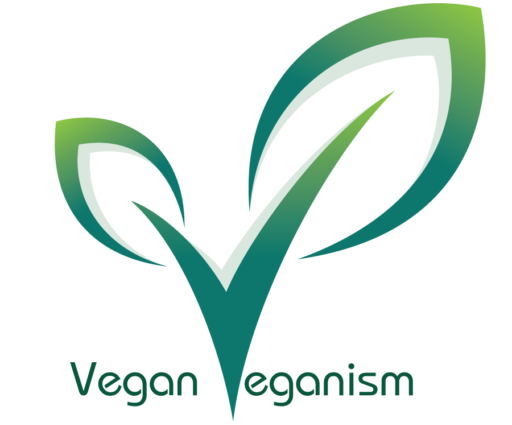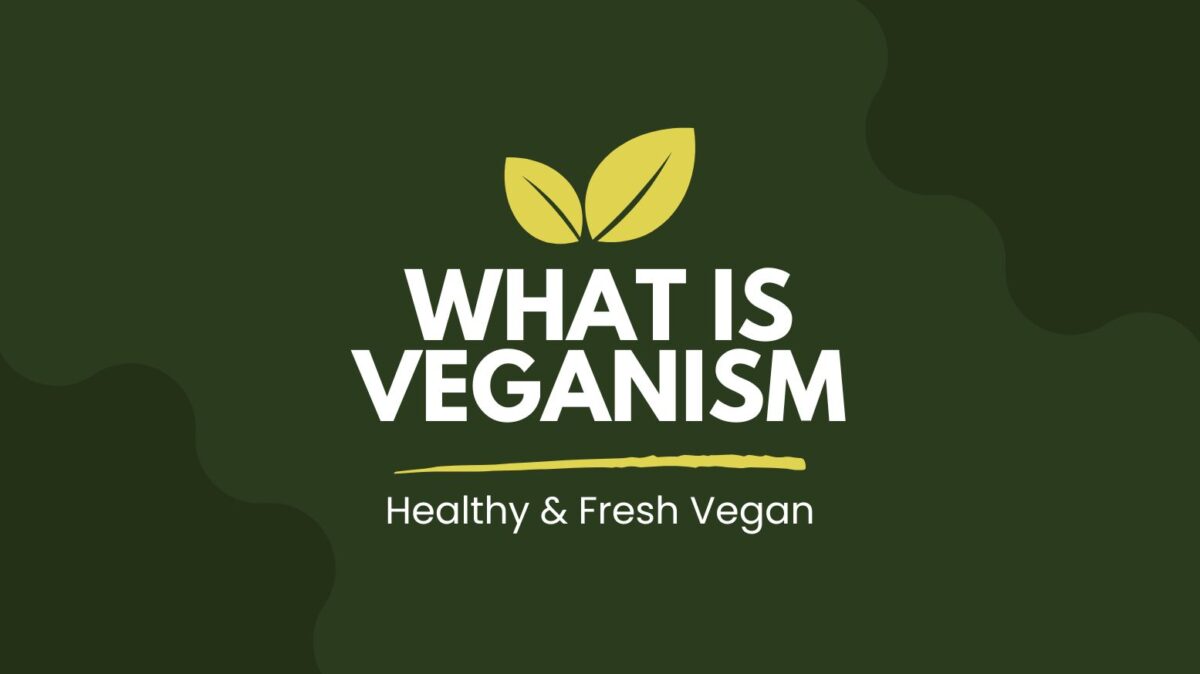What is veganism and why is it so popular nowadays? Veganism, which is becoming more and more popular, is the deliberate choice to abstain from all animal-derived foods and beverages, including dairy, eggs, and honey, as well as animal flesh.
The popularity of this lifestyle can be ascribed to moral, environmental, and health factors. Against our innate omnivorous inclinations, which usually involve consuming both plant-based and animal goods, veganism represents a conscious deviation from this standard.
What are the categories of individuals according to their dietary preferences?
| What is the diet comprised of? | What are they called? | Population density |
| Meat and vegetables | Omnivores | 73% |
| Vegetables and no meat | Vegetarian | 5% |
| Fish but not animal meat | Pescatarians | 3% |
| Eggs but, no meat | Ovo-vegetarian | 14% |
| No use of animal products for food or in everyday life | Vegan | 3% |
What is veganism?
Veganism is a way of life that encompasses more than simply eating habits; it’s a way of living that goes beyond the kitchen. Fundamentally, being vegan means deciding to eat only plant-based foods and shunning anything that comes from animals, such as honey, eggs, and leather.
The main driving force behind being vegan is frequently a strong desire to end animal abuse and reduce one’s environmental impact.
While a minority of vegans take a more moderate stance, some fervently support their beliefs and may actively work to influence others. Despite popular opinion, vegans are not a monolithic group. Rather, they are people with a variety of ideas who follow specific guidelines to promote a more humane and sustainable way of life for all living things.
What are the types of veganism?
People go vegan for various reasons. Some grow up that way, while some incorporate veganism after being able to comprehend the benefits of the lifestyle. Depending on these factors, there are four types of vegans:
- Ethical vegans: They adopt a vegan lifestyle to protect animals.
- Environmental vegans: They make the switch to veganism to protect the environment.
- Health vegans: They adopt a vegan diet for the sake of their health.
- Religious vegans: They adhere to veganism based on their faith.
It is important to know that the branch of veganism is very vast and diverse, this is merely the majority and there are other aspects of veganism.
What are the benefits of veganism?
- Stops Animal Cruelty: By abstaining from using animals in food production, veganism encourages the humane treatment of animals.
- Plant-Based Diet Rich in Nutrients: A well-planned vegan diet can supply a sufficient amount of nutrients.
- Weight management: By cutting back on animal products that are high in calories, a vegan lifestyle may help with weight loss.
- Lower Diabetes Risk: Studies have linked vegan diets to a lower incidence of diabetes.
- Cancer Prevention: Research indicates that eating a vegan diet may help reduce your chance of developing some cancers.
- Heart Disease Reduction: By lowering blood pressure and cholesterol, veganism may help reduce the risk of heart disease.
- Arthritis Pain Reduction: Some people claim that eating a vegan diet reduces their arthritis pain. This may be because plant-based foods have anti-inflammatory qualities.
What are the disadvantages of veganism?
- Vitamin B12 Deficiency: It can be difficult for vegans to get enough vitamin B12, which is necessary for the formation of red blood cells and neurological function.
- Risk of Stroke: Although further research is required, certain studies point to a possible link between veganism and an increased risk of stroke.
- Anemia: Because iron derived from plant sources may be less easily absorbed, some vegans may be at risk for developing anemia.
- Leaky Gut Syndrome: An improperly balanced vegan diet may exacerbate digestive problems such as leaky gut syndrome.
- Depression: A vegan diet that is deficient in several nutrients may put vegans at higher risk of developing depression.
- Hormonal Imbalance: In certain people, an inadequate dietary intake might cause an imbalance in hormones.
- Feelings of Superiority: Some vegans may grow to feel superior to people who follow other lifestyles.
- Cost: Products that are cruelty-free and vegan can be pricey, making the lifestyle difficult for people with normal salaries.
You may also like:
- What are some side effects of being a fully raw vegan
- What are your favorite vegetarian or vegan recipes
- Which countries have the highest proportion of vegetarians
FAQs
1. Why do people oppose veganism?
It will always be inconvenient for the majority of people who eat meat to go vegan. Political and religious convictions also impact anti-vegan sentiment. The aforementioned study indicates that prejudice-prone people have an elevated bias toward vegetarians and vegans.
2. Is it better to be vegan or not?
Vegan diets have also been demonstrated to help manage lipid levels and lower total and LDL cholesterol, which can aid in the treatment of type 2 diabetes.
3. Is it beneficial to be vegan?
Higher consumption of fruits and vegetables, which are commonly present in a vegan diet, has been linked in epidemiological research to improved skin health.
4. Why veganism won’t save the world?
If the plants in your plant-based diet are grown using pesticides and herbicides, then it won’t benefit the environment.
5. What is the vegan face?
The term “vegan face” refers to a lazy, withered appearance that results from a diet low in protein.
Conclusion
Vegans are people who adhere to a plant-based lifestyle that goes beyond their food choices. A larger cultural change toward sustainability, animal welfare, and a greater understanding of the negative environmental effects of traditional animal agriculture is reflected in the growing popularity of veganism.
The word “vegan” is becoming more and more linked to an ethical, cruelty-free, and ecologically friendly way of living and eating.

